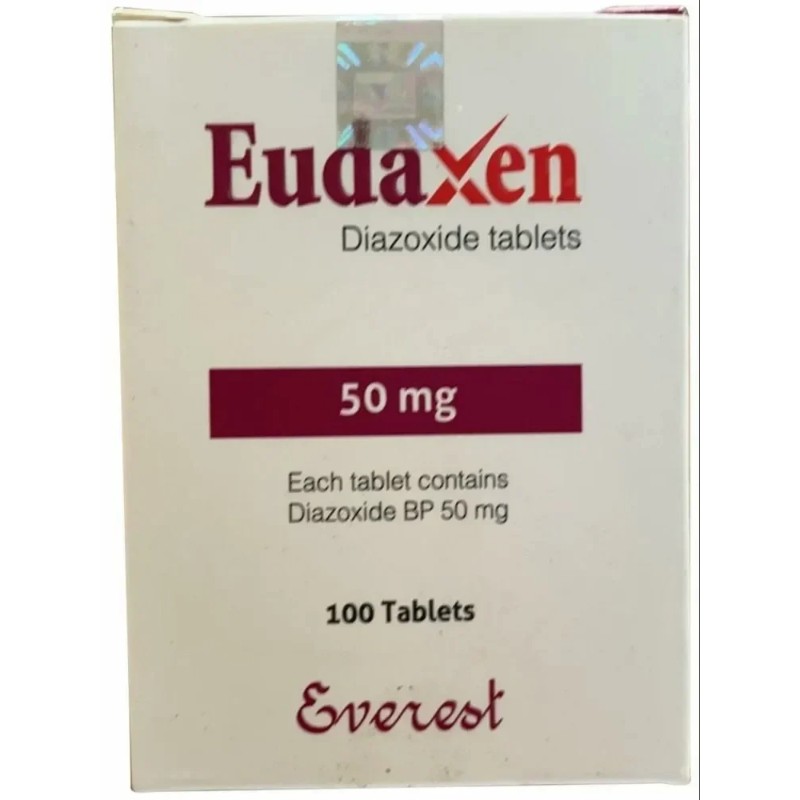Description
Ibrutinib: Uses, Benefits, Side Effects, and More
Ibrutinib is an oral medication used in the treatment of various types of blood cancers. It is a targeted therapy known as a Bruton’s tyrosine kinase (BTK) inhibitor, which works by blocking the signals that cancer cells need to grow and divide. Marketed under brand names like Imbruvica, Ibrutinib has transformed the treatment landscape for several hematologic malignancies.
What is Ibrutinib Used For?
Ibrutinib is approved by health authorities like the FDA and EMA to treat:
-
Chronic Lymphocytic Leukemia (CLL)
-
Small Lymphocytic Lymphoma (SLL)
-
Mantle Cell Lymphoma (MCL)
-
Waldenström’s Macroglobulinemia (WM)
-
Marginal Zone Lymphoma (MZL)
-
Chronic Graft-Versus-Host Disease (cGVHD)
Its effectiveness has made it a first-line or second-line treatment in many protocols for these conditions.
How Does Ibrutinib Work?
Ibrutinib blocks BTK, a key enzyme in the B-cell receptor signaling pathway. By inhibiting BTK, Ibrutinib disrupts survival signals in B-cells, leading to cancer cell death and reduced tumor growth. This targeted mechanism helps minimize damage to healthy cells compared to traditional chemotherapy.
Key Benefits of Ibrutinib
-
Improved progression-free survival (PFS)
-
Oral administration for convenience
-
Fewer hospital visits compared to IV chemotherapy
-
Effective in relapsed or refractory cases
-
Applicable across various B-cell malignancies
Common Side Effects
Like all medications, Ibrutinib may cause side effects. The most commonly reported include:
-
Diarrhea
-
Fatigue
-
Nausea
-
Bruising or bleeding
-
High blood pressure
-
Joint or muscle pain
Serious side effects, though rare, can include atrial fibrillation, infections, or bleeding complications. Always consult a healthcare provider before starting or modifying treatment.
Dosage and Administration
Ibrutinib is usually taken once daily, with or without food. Dosage may vary depending on the specific disease and individual health factors. It is crucial to follow the prescribed regimen and report any side effects to your doctor promptly.
Drug Interactions
Ibrutinib may interact with certain medications, including antifungals, antibiotics, and blood thinners. Inform your doctor of all medications and supplements you’re taking to avoid potential interactions.
Conclusion
Ibrutinib represents a significant advancement in cancer treatment, offering hope to many patients with blood-related cancers. If you or a loved one has been prescribed Ibrutinib, talk to your oncologist to fully understand its benefits and risks.






Reviews
There are no reviews yet.